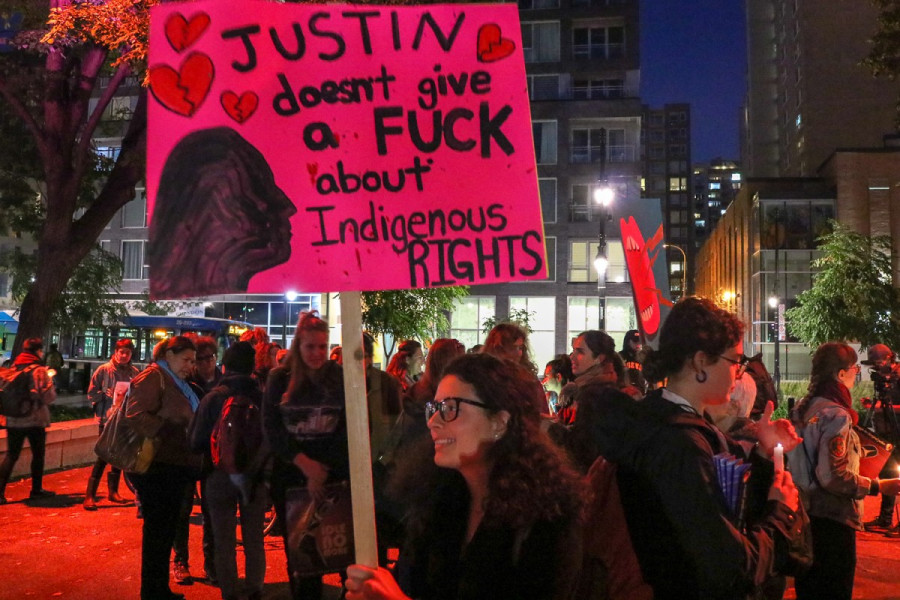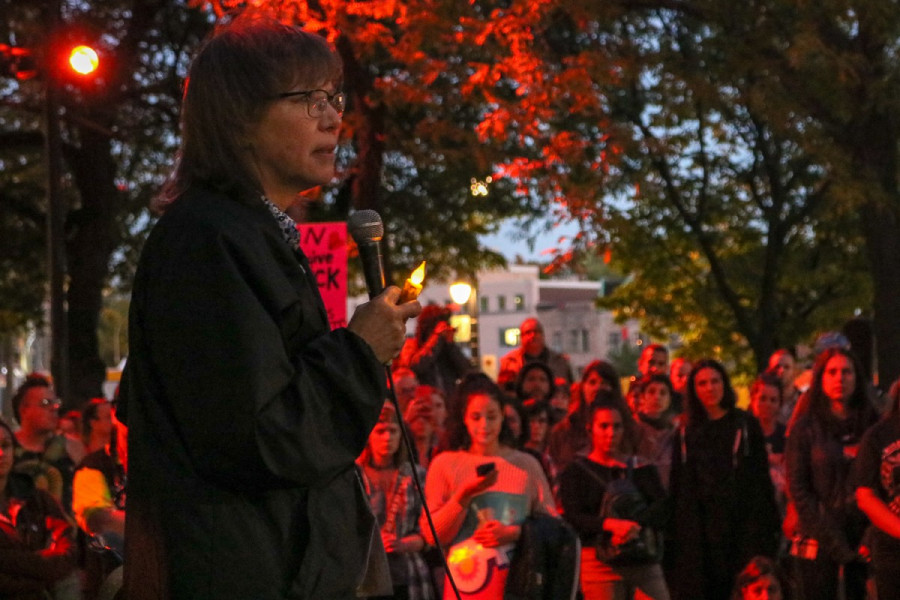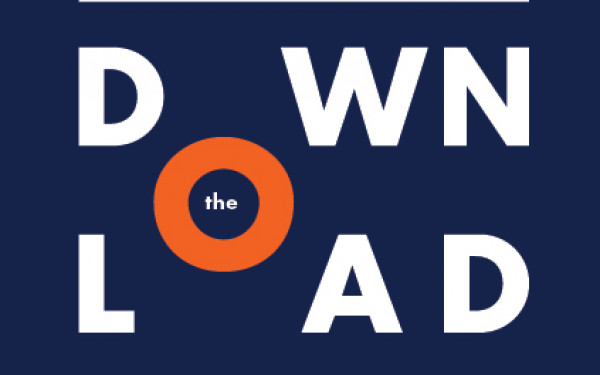13th Annual Missing and Murdered Indigenous Women Vigil Highlights Systemic Issues
Quebec Provincial Elections Called Out for Not Addressing Indigenous Rights
Many voices spoke about the systemic issues that gloom over Indigenous peoples of Quebec.
Speakers from different groups and associations took the time to tell their stories about the discrimination they face as an Indigenous person.
“There’s so much sadness around our people, what’s going on, no one seems to care,” said John McGregor Elder from Kahnawá:ke who was invited to speak for the cause.
“I think it’s time to show who we are as people.”

Montrealers gathered at Cabot Square on Thursday for The Love, Rage and Solidarity 13th annual Memorial March for Missing and Murdered Indigenous Women, Girls and Two-Spirit Peoples, to raise awareness about issues surrounding Indigenous Peoples in Montreal
The Centre for Gender Advocacy and the Native Women’s Shelter joined forces to coordinate a night in support of the missing and murdered Indigenous people in Quebec.
Missing Justice—a grassroots solidarity collective within the Centre for Gender Advocacy at Concordia—works to raise awareness about violence and discrimination against Indigenous women living in Quebec.
“I hope that we don’t have these vigils anymore” said Jessica Quijano in response to the lack of involvement the Canadian government has done for Indigenous people. “Women are going missing and they’re being murdered and it’s happening right here in Montreal.”
Quijano works as a coordinator of the Iskweu project at the Native Women’s Shelter of Montreal.
“I accompany families and loved ones whose indigenous member goes missing and doing the follow up with the police,” explained Quijano.
Related
Ellen Gabriel, Mohawk activist and artist from Kanehsatà:ke community, known for her involvement as the official spokesperson during the Oka Crisis, mentions the absence of involvement Trudeau had with Indigenous peoples during his time in office.
“Romeo Saganash said it best to the Prime Minister of Canada,” said Gabriel in relation to the New Democrat MP, who used the F-word to describe Prime Minister Trudeau’s approach for Indigenous security.
Gabriel also called out the Coalition Avenir du Quebec and its failure to properly promote Indigenous rights during the campaign.
“The Indian Act—one of the most racist legislation in the world still exists in this world,” said Gabriel about the ignorance faced by Indigenous people for centuries.
“Did you hear any kind of strong campaigns for Indigenous rights? Is the CAQ going to live up of implementing rights of indigenous people?” Asked Gabriel. “That means respecting, promoting Indigenous peoples human rights.”
Viviane Michel, President of the Fédération des Femmes Autochtones du Québec said that Quebec needs to hold the new government accountable for both the promises and the silence involving Indigenous peoples rights.
She calls for a better quality of life and better protection for Indigenous women who live in suffering.
The crowd began marching down Ste. Catherine St. W chanting “Break the silence. End the violence,” in relation to the lack of recognition about missing and murdered Indigenous women.
“Native women under attack what do we do? Fight back” chanted protesters for the annual Indigenous peoples march.
Buffalo Hat Singers, a group of contemporary powwow singers based in Montreal sang the crowd down Ste. Catherine with the help of the crowd who chanted for the rights of Indigenous peoples.
Correction: A previous version of this article stated that Kanehsatà:ke is a nation. In fact, it is a community. The Link regrets the error.





1_600_375_90_s_c1.jpg)

_600_375_90_s_c1.jpg)
1_600_375_90_s_c1.jpg)